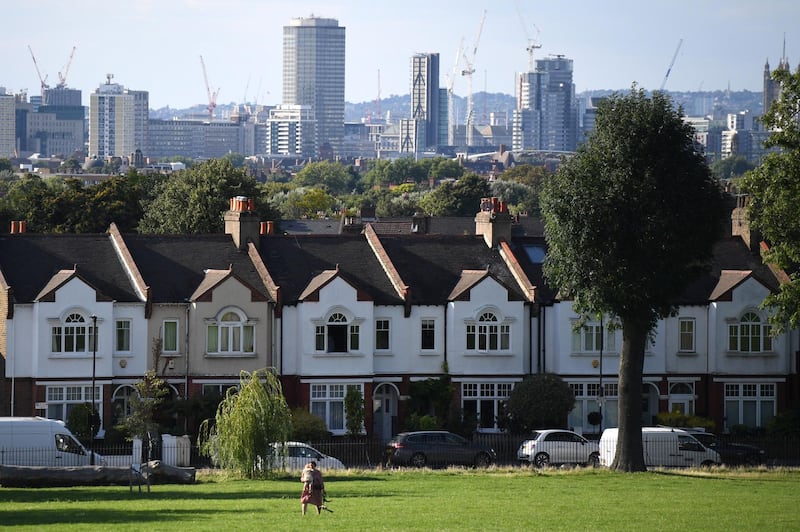The UK property market is wilting from lack of demand, leaving home prices unchanged for a second month in March.
The Royal Institution of Chartered Surveyors (Rics) said its gauge of prices remained at zero, with declines in London and the southeast being offset by gains in the East Midlands, Ireland and Wales.
New buyer inquiries fell for a 12th consecutive month, reflecting affordability concerns and a lack of fresh properties coming onto the market, Rics said. The number of houses being put up for sale declined further and average stock levels remained near an all-time low. London estate agents reported an increase in the number of homes being withdrawn from sale.
_______________
Read more:
Grassroots UK football grounds hunted by voracious developers
Using the catch-up theory for investment in global property
_______________
The findings “provide little encouragement that the drop in housing-market activity is likely to be reversed anytime soon,” said Rics chief economist Simon Rubinsohn. “Apart from the implications this has for the market itself, it also has the potential to impact the wider economy contributing to a softer trend in household spending.”
That would put more pressure on UK business, which saw a “subdued” first quarter as domestic factors weighed on the economy, according to a survey by the British Chambers of Commerce (BCC). Despite strong exports, the dominant services sector was “muted,” with consumer-facing industries worst affected, the lobby group said.
“What growth we see in the UK economy is due principally to strong global trading conditions, rather than domestic demand,” said Adam Marshall, director general of the BCC. “Uncertainty, recruitment difficulties and price pressures remain persistent concerns.”
Weakness in the property market suggests any boost from the cutting of stamp duty for first-time buyers in November is being outweighed by the prospect of higher borrowing costs, with the Bank of England widely expected to hike its benchmark interest rate as early as next month.






